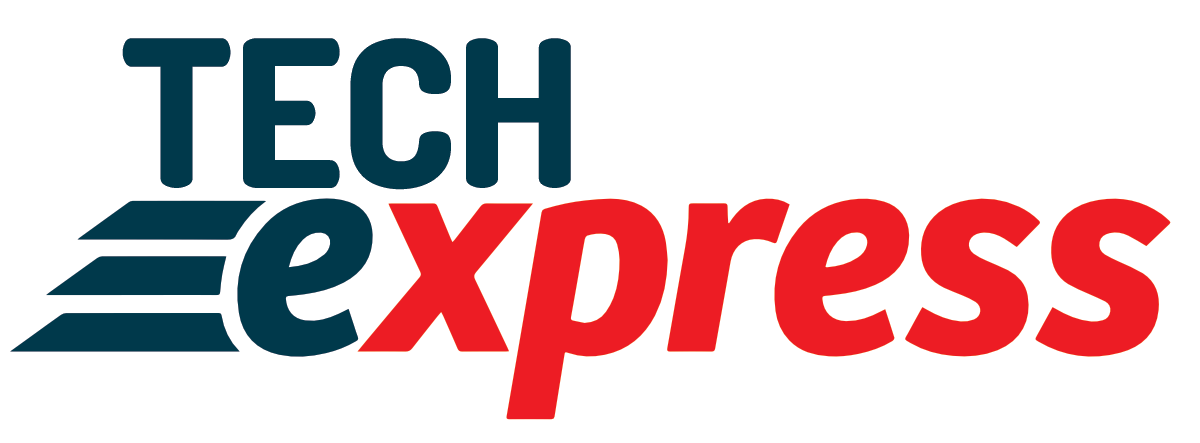Minister of Communications Technology, Mrs. Omobola Johnson, has declared that the Nigerian Information Communications Technology (ICT) industry lacks favourable competitive environment, due to absence of properly developed local content.
The Minister, who spoke at the local content summit organised by the House of Representatives Committee on Local Content in Port Harcourt, said Nigeria remained one of the fastest growing telecoms industries in the world, with a robust ICT network, but without a favourable competitive environment, which she said, had led to loss of revenue to capital flight.
According to her, “statistics have shown that in 2012 alone, over N59 billion was transferred out of the country in purchase and maintenance of foreign software, and only 30 per cent of the computers bought by Nigerians in the formal market were locally assembled.”
She said “as far as local content is concerned, the ICT industry is uncompetitive because it is cheaper to import a base station than to fabricate one in Nigeria. It is cheaper to import a chip card than to make and personalise them in Nigeria. It is cheaper and many times more expedient to bring in a skilled resource from any part of the world than to invest in the training and capacity building of Nigerians.
“In a country with a huge chunk of addressable market in the ICT industry, only a minute percentage of devices that we need to access voice or data ICT infrastructure is made or assembled in Nigeria,” the minister added.
She explained that liberalisation and private sector participation alone would not guarantee domestic value creation for local content development, especially in industries where domestic value was not significant in the first place.
She cited examples in the recent past where countries are creating local jobs by stimulating local economies through increasing domestic productivity, and challenged Nigeria to do same.
In January this year, Turkey announced an incentive scheme that will cost its government around $1.2 billion (N187 billion) to encourage companies to buy goods produced in Turkey instead of imports, and the incentives include tax cuts and value-added tax (VAT) exemptions.
She explained that the implementation and success of local content agenda in the ICT industry could only be successful if Nigerians consciously make a choice about buying locally made goods.
Federal government, she said, had already done that by mandating that computers and laptops of a certain configuration purchased through appropriated funds must be locally assembled or manufactured in Nigeria, which she said, would not in any way amount to banning of the importation of global ICT brands in Nigeria.
“The Nigerian device market is a very big one and Nigerians will always have a choice but we in the ministry will work to ensure that assembled in Nigeria brands are more favourably positioned to achieve national objectives of job creation, domestic value added and growth in the ICT industry,” she said.
Source: Thisdaylive.com
Related posts
Subscribe
* You will receive the latest news and updates on your favorite celebrities!


